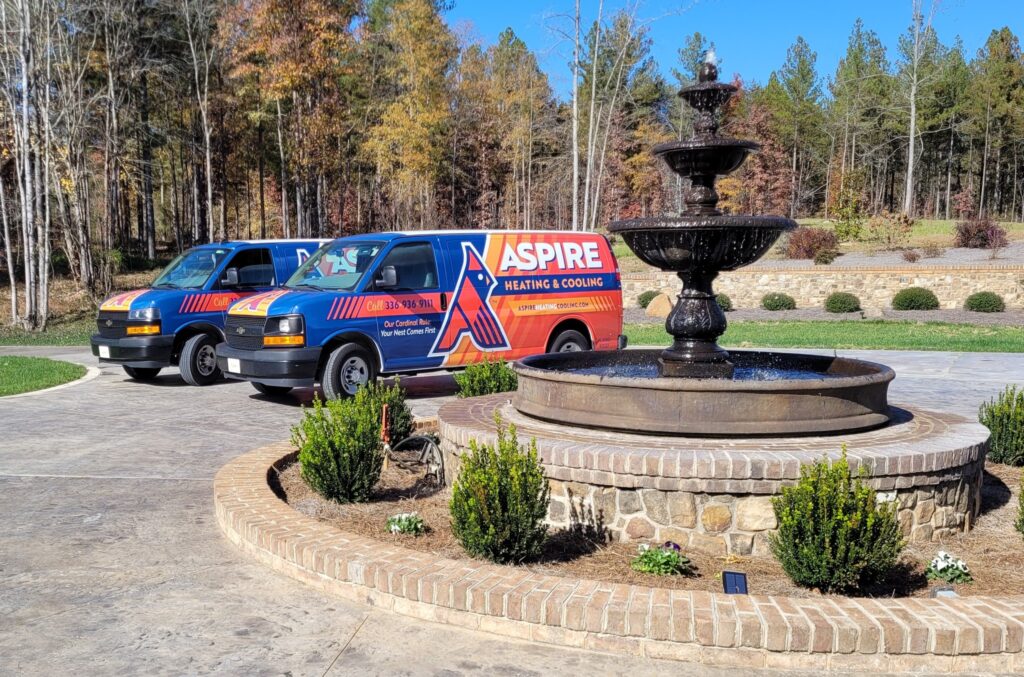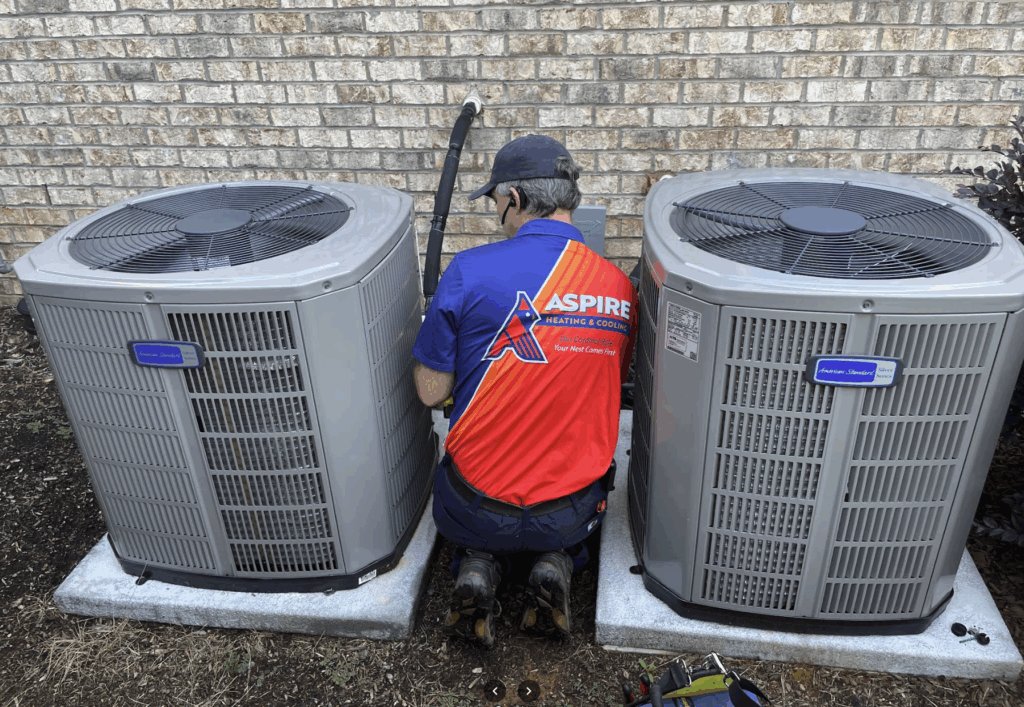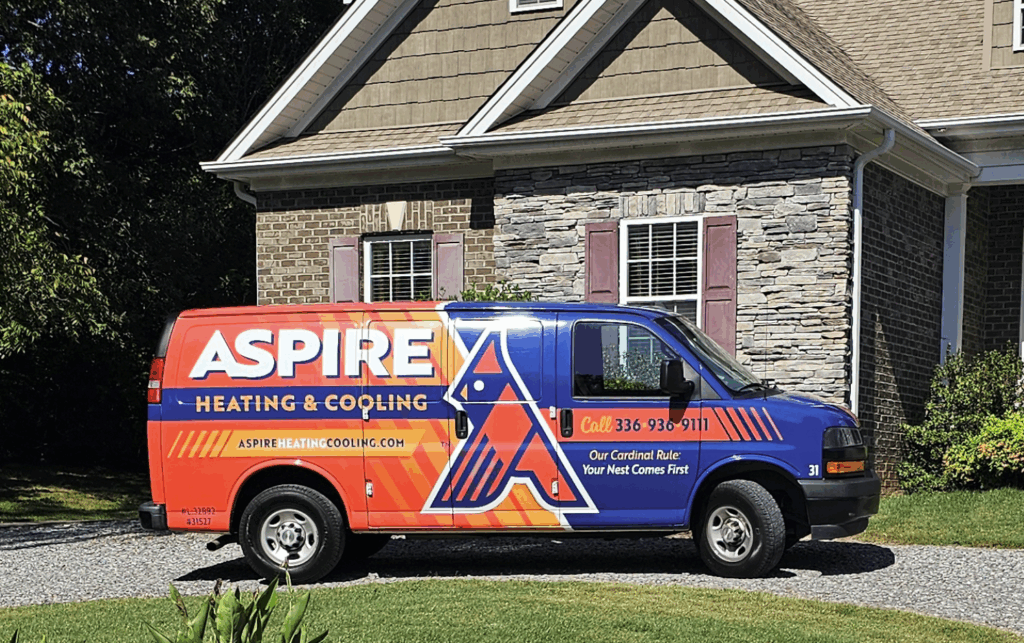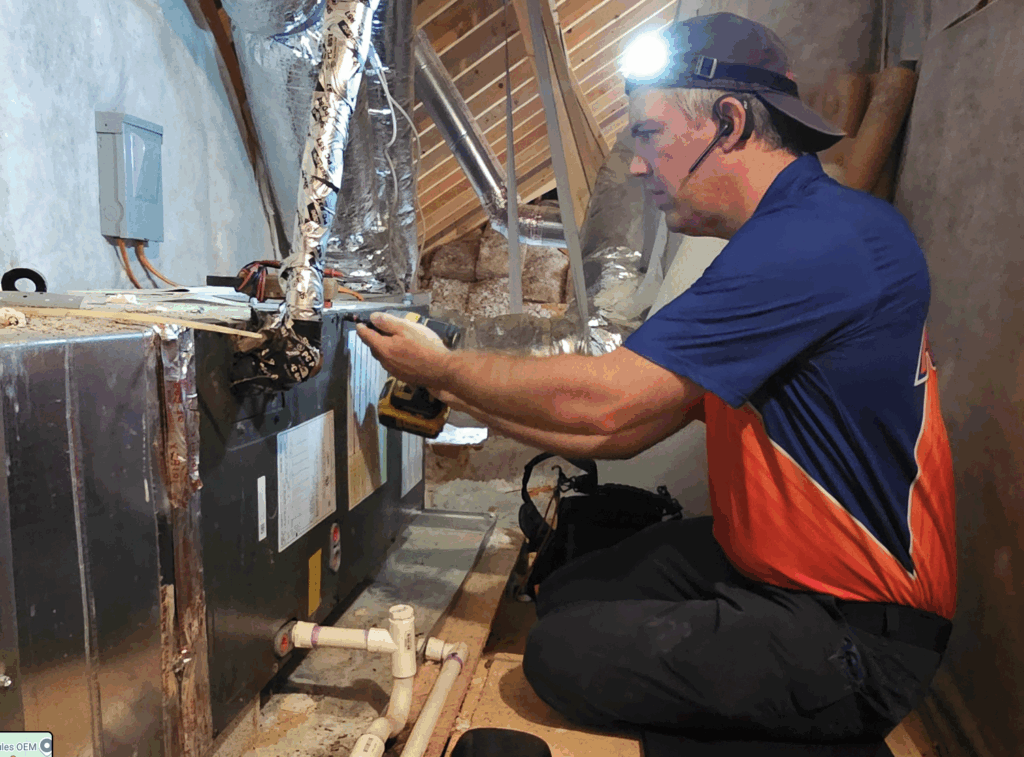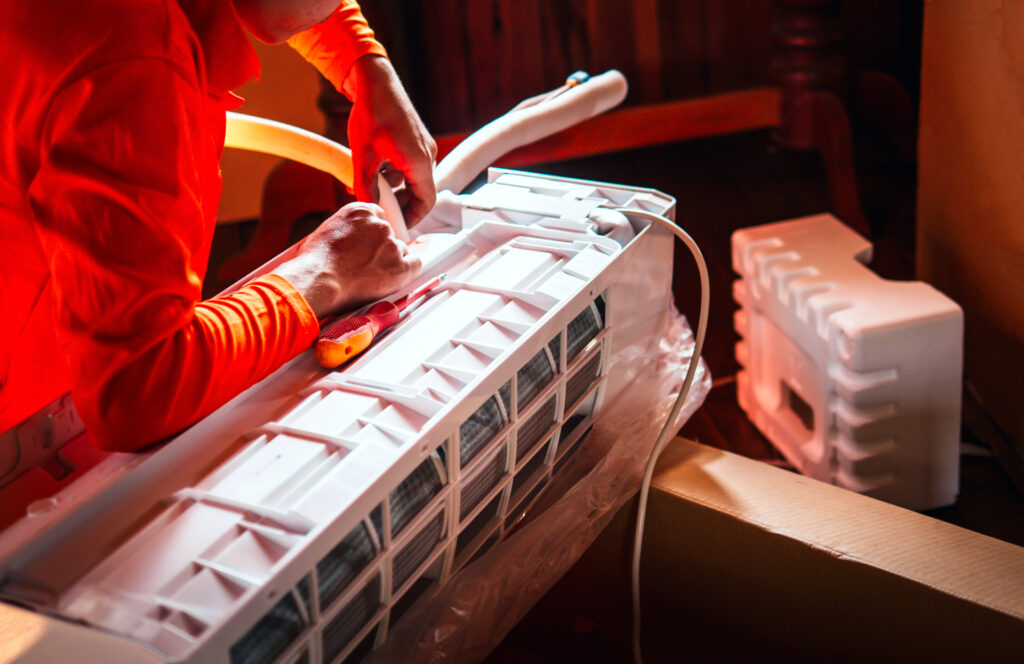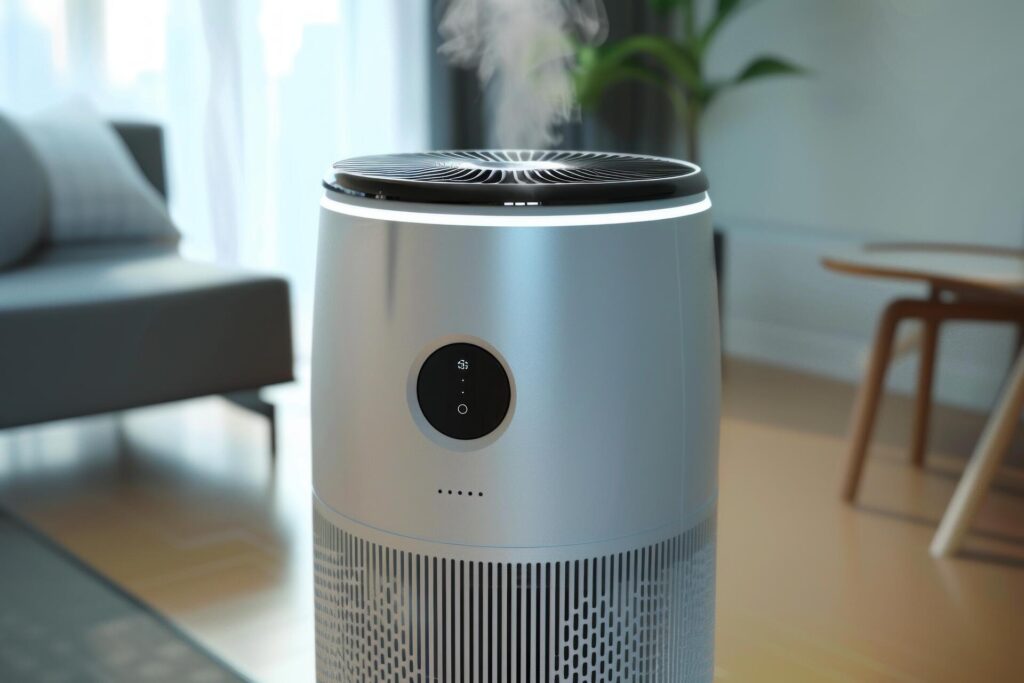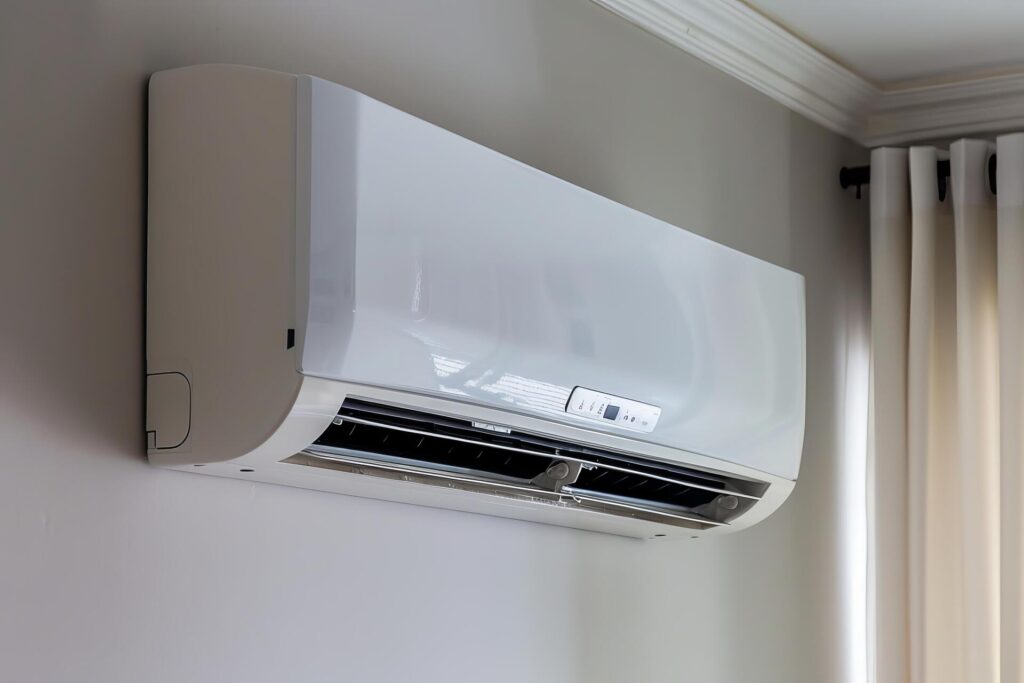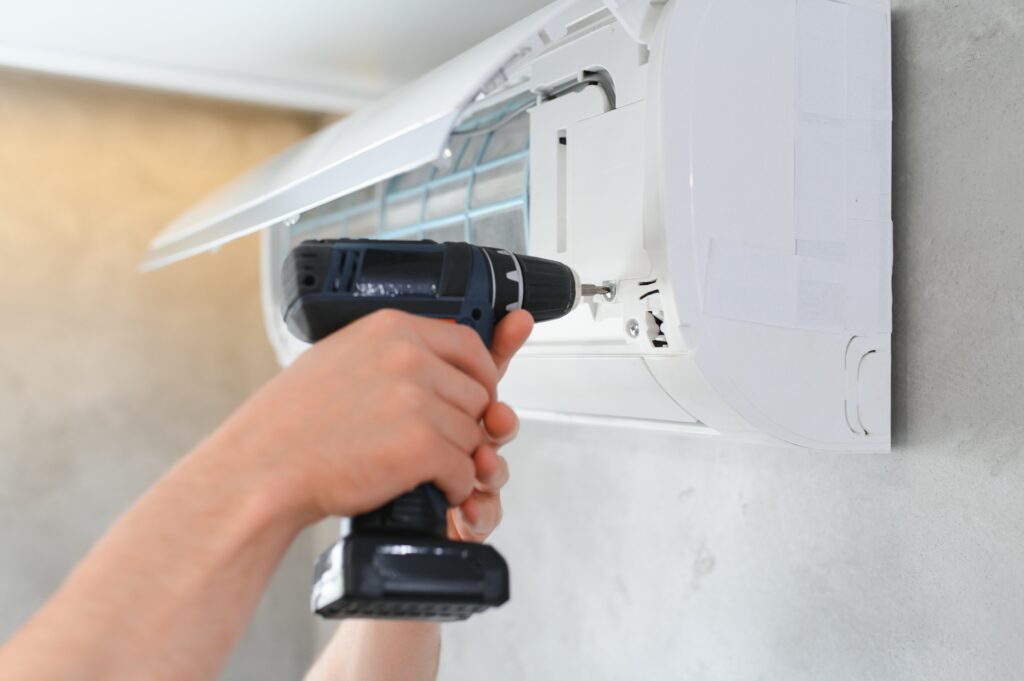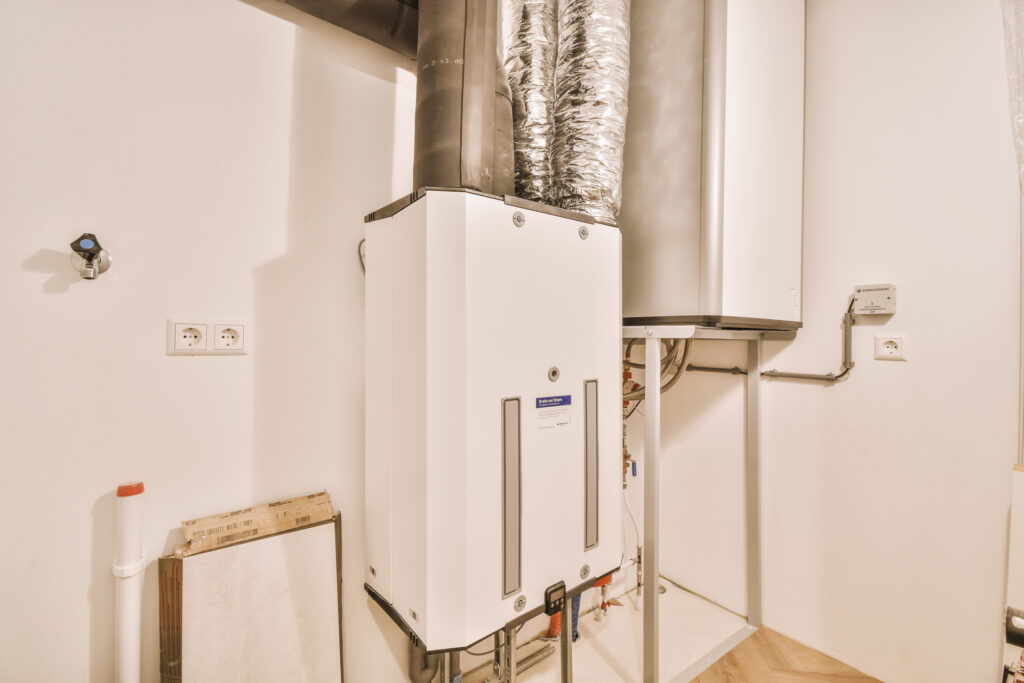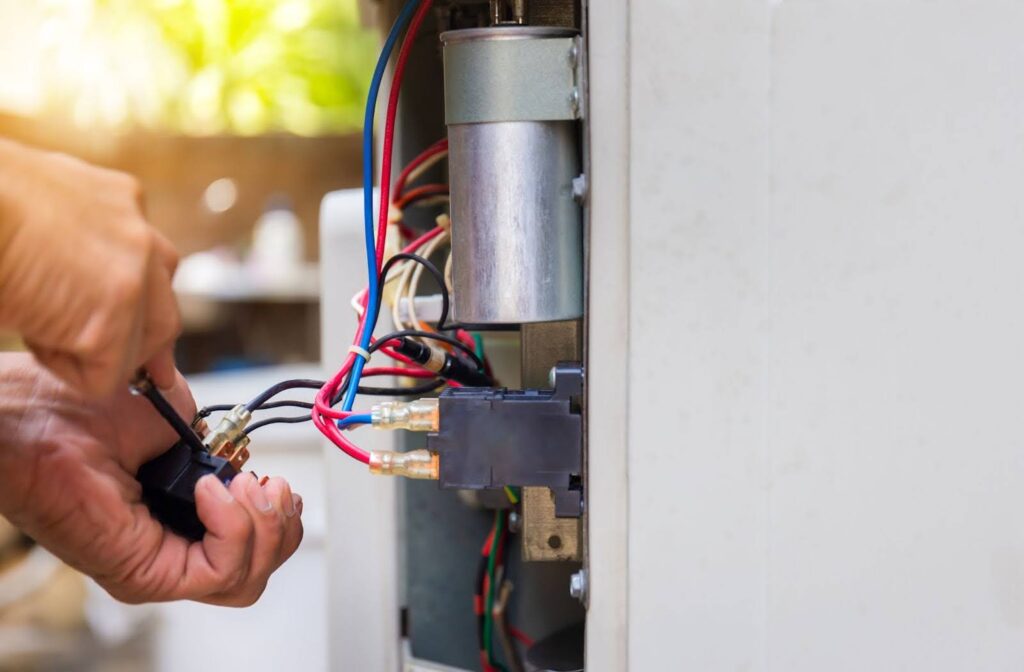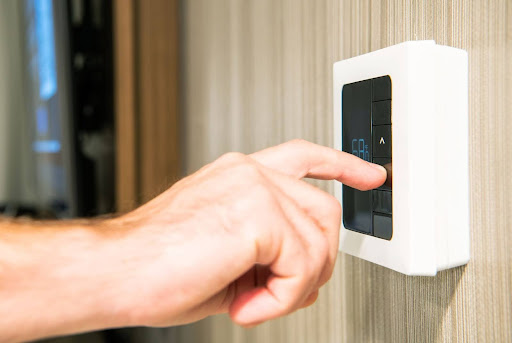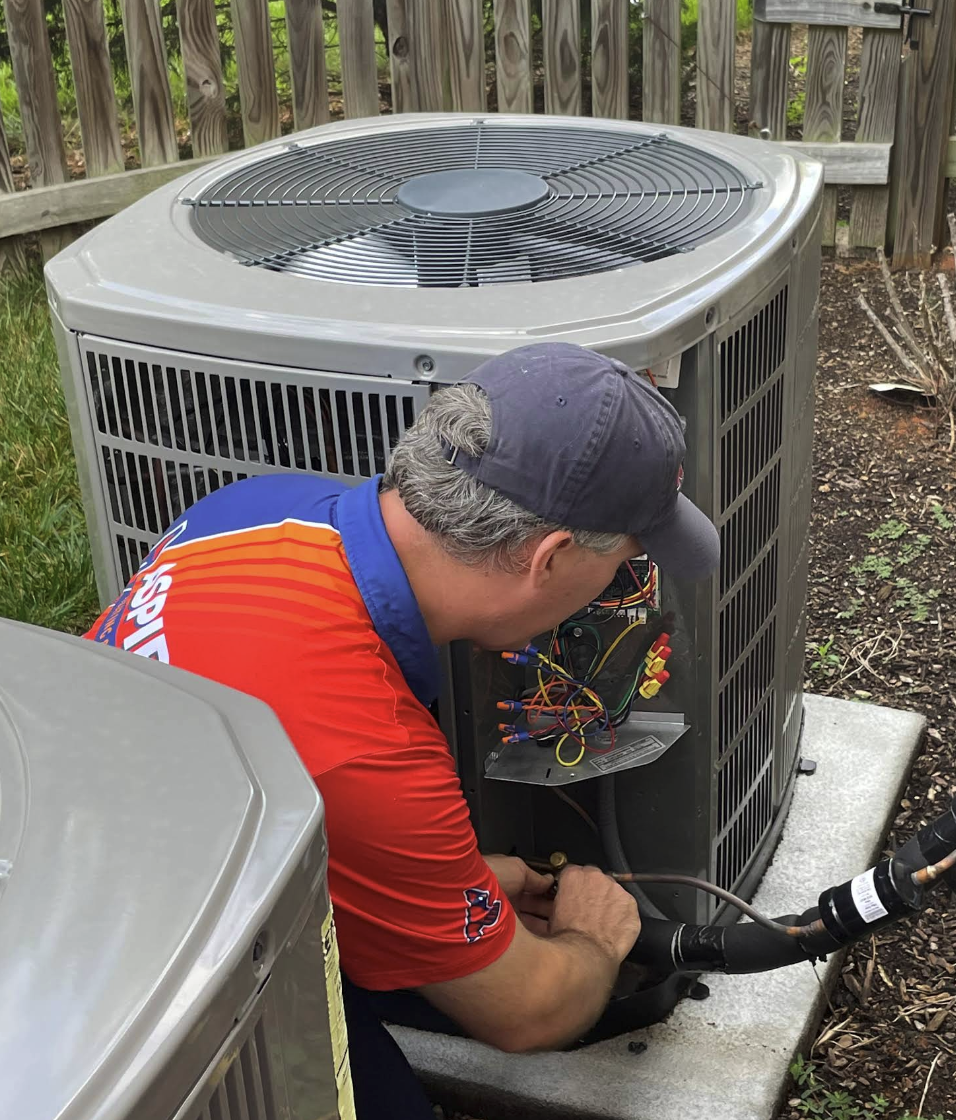Home heating and cooling systems have come a long way since the days of noisy radiators and basic thermostats. Modern innovations bring not only improved comfort but also increased energy efficiency, making it easier than ever to maintain the ideal indoor environment at any time of year. As the HVAC industry evolves, homeowners should pay attention to the next generation of features that maximize efficiency and deliver real value. Whether you’re looking to modernize your current setup or planning a future renovation, understanding the latest advancements in HVAC technology can help you make informed decisions about upgrading your home’s system.
Embracing Smart Home Integration
One of the most significant developments shaping the future of HVAC is the rise of smart home integration. These technologies allow different devices in your home—such as lighting, security, and climate control—to work together seamlessly for improved energy management and added convenience. With an integrated system, you can program your HVAC settings to adapt to your schedule, learn your daily routines, and even anticipate temperature changes. Homeowners who utilize smart sensors and automation often notice meaningful reductions in monthly utility bills. By syncing your heating and cooling system with other smart devices, you not only reduce unnecessary energy consumption but also minimize wear and tear on essential components. In the long run, this level of synergy helps your entire household run more smoothly, making everyday life more comfortable.
The Rise of Advanced Thermostats
Another crucial area of interest is the development of increasingly sophisticated thermostats. While older technologies only allowed manual adjustments or basic programming, advanced thermostats now leverage machine learning to analyze user behavior and local climate conditions. This type of intelligence allows for precise temperature control, whether you’re at home or halfway around the globe. With many thermostats offering Wi-Fi connectivity, it’s simple to make real-time changes from a smartphone or tablet, enhancing flexibility and control. In addition to convenience, these advancements often translate into considerable savings on monthly energy costs, a benefit homeowners are likely to appreciate.
Greener Refrigerants for a Sustainable Future
Eco-friendly refrigerants are another important development that continues to gain momentum as environmental regulations evolve. Traditional refrigerants have historically contributed to ozone depletion and global warming, prompting manufacturers to explore greener alternatives. Thanks to ongoing research and government incentives, more HVAC systems are using refrigerants with a lower global warming potential.
Keeping up with emerging refrigerants is beneficial not only for the planet but also for your system’s performance. Many of these newer options are designed to operate efficiently at a range of temperatures, potentially extending the lifespan of your equipment. Making the switch during a system upgrade can lead to an eco-conscious home environment that aligns with today’s sustainability goals.
Pinpointing Maintenance and Potential Issues
The combination of smart integration, advanced thermostats, and greener refrigerants points toward a future where HVAC systems offer increasingly sophisticated ways to save energy and improve comfort levels. However, technology alone isn’t enough to ensure optimal performance. Regular maintenance remains key, and technological advancements make it simpler to stay on top of potential issues. Smart sensors can alert you when filters need changing or if a part is operating below expected efficiency. Paying attention to these notifications can help prevent minor complications from escalating into major breakdowns.
What to Consider When Upgrading Your System
When considering an upgrade, homeowners should start by assessing their current HVAC system to identify areas that need improvement. It’s helpful to think about your local climate, the age of your existing setup, and how much you stand to save in energy costs by implementing the latest technology. In some instances, a simple thermostat upgrade can drastically enhance comfort and reduce expenses without the need for a full system replacement.
On the other hand, older systems may benefit from more comprehensive overhauls that incorporate both new refrigerants and smart home compatibility. Consulting with knowledgeable HVAC professionals can also help you decide the best course of action. For a deeper look into comprehensive services and upgrades, explore our HVAC services at Aspire Heating & Cooling.
There’s no denying that the new wave of HVAC technology can transform how your home feels and functions.
The key to getting the most out of these innovations is understanding which ones genuinely address your needs and align with your budget. Selecting the right technology involves considering how it will integrate with existing or planned features in your home. By doing so, you create a cohesive system that provides both economic and practical benefits for years to come.

